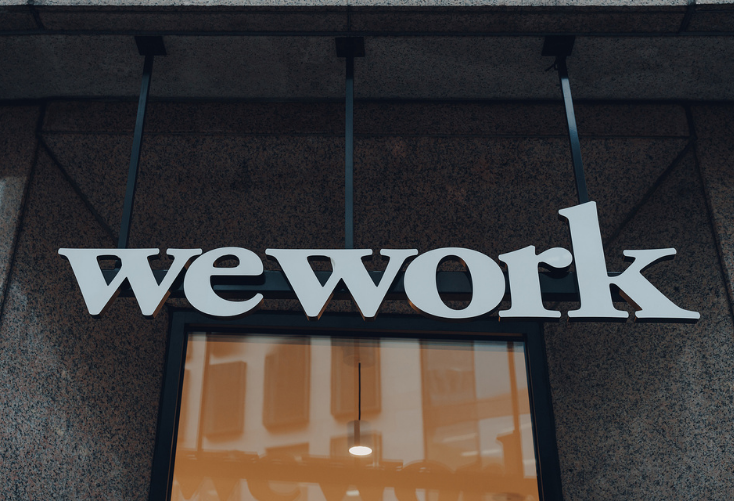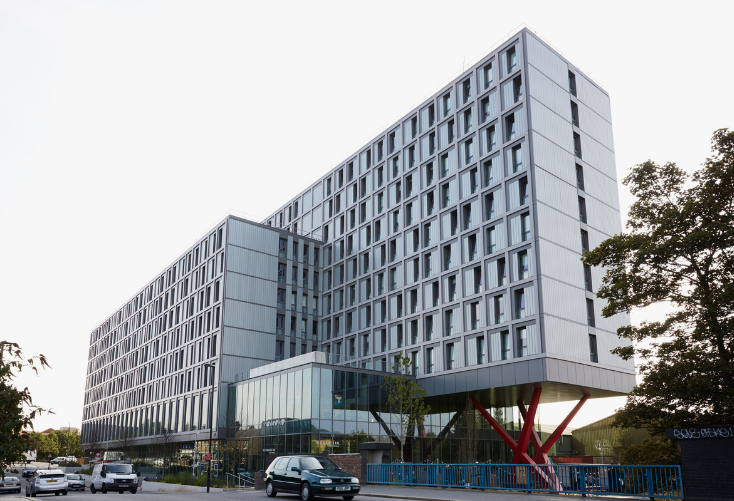Hand selected flexible workspace news from the most reliable sources to keep you ahead of the pack. We find all the latest news, so you don’t have to. Morning and afternoon updates. Stay in the know.
Here’s what you need to know today:
- WeWork Reveals New Business Services Program
- How Hotels Are Adjusting To The New Normal
- The Future Of Coliving Is Bright
WeWork Reveals New Business Services Program
WeWork has launched its Business Solutions platform in partnership with VensureHR in order to offer payroll and other business operative services to WeWork members all over the world.
According to Prabhdeep Singh, global head of marketplace at WeWork, this new program is part of the firm’s efforts to offer more business market solutions to its members as it works to expand beyond real estate.
“This is really moving [WeWork] from not just a space company but really offering end-to-end business solutions,” said Singh. “I wouldn’t say this is the final grand vision and plan, but this is the first step.”
Business Solutions is a monthly subscription bundle for WeWork members that is aimed towards small and medium-sized companies. The program will offer software that helps with human resources, payroll, employee benefits and technology support services. It is launching in the US now and will expand globally next year.

How Hotels Are Adjusting To The New Normal
Remote working has hurt more than just the office market. Now, hospitality companies are attempting to navigate the ongoing pandemic by adjusting their services in anticipation of longer stays from traveling professionals and also to accommodate remote workers.
According to CBRE, hotel occupancy fell to 28.3% during the second quarter of this year, its lowest since the Great Depression. While analysts are expecting the industry to bounce back, it may not make a full recovery until 2023.
“As people are coming into corporate offices or coming in together, or coming in for monthly or quarterly check-ins with teams and that type of thing, it won’t necessarily be the one- or two-night stay,” said Janis Cannon, senior vice president at Choice Hotels International. “It’ll be more three- and four-night stays that people will be requiring from hotels.”
Ernest Lee, managing director of citizenM hotels, said that hotels will likely move towards a more long-term, subscription-based strategy rather than the daily business model the industry has commonly used.
Other hospitality companies, such as Hyatt, have launched new initiatives to bring remote workers into their space by offering rooms to serve as daily offices and providing them access to the hotel’s amenities.

The Future Of Coliving Is Bright
Although many real estate experts anticipated that coliving communities would struggle throughout the pandemic, the industry has actually stayed relatively strong-willed.
Los Angeles coliving space Treehouse had only started leasing in December and were just getting into the swing of creating a unique community when COVID-19 hit. Sunday dinners were moved to Zoom, tenants moved out and people tried their best to maintain distancing measurements.
However, surprisingly, Treehouse saw applications skyrocket after Los Angeles went into lockdown. Now, the majority of Treehouse’s current residents had signed their leases in the midst of the pandemic.
Coliving spaces had been in high demand for years prior to the pandemic. There are currently 2,900 coliving beds in the US and that number is expected to triple over the next 18 months.
These housing arrangements were created to accommodate those who wanted a lower cost of living in expensive cities, while providing a sense of community for new transplants.
Coliving residents have access to communal living rooms and kitchens, as well as other perks such as housekeeping and fully furnished units.
Although these companies have had to adjust to the new normal, with some residents simply outgrowing the want for roommates, many coliving firms are ready to expand their services. For instance, Treehouse already has plans to add second and third properties in Los Angeles.
“Living in community can be one of the most profoundly impactful growth opportunities for many of our residents,” said Jay Standish, cofounder of Open Door. “That’s our product.”



 Dr. Gleb Tsipursky – The Office Whisperer
Dr. Gleb Tsipursky – The Office Whisperer Nirit Cohen – WorkFutures
Nirit Cohen – WorkFutures Angela Howard – Culture Expert
Angela Howard – Culture Expert Drew Jones – Design & Innovation
Drew Jones – Design & Innovation Jonathan Price – CRE & Flex Expert
Jonathan Price – CRE & Flex Expert













